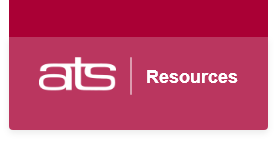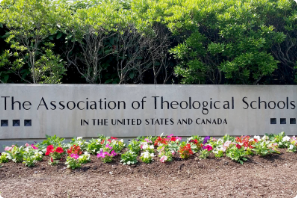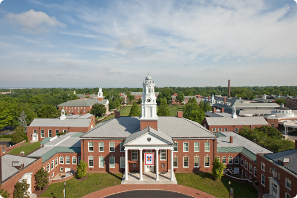Mary Boyle is the administrative assistant for student data at The Association of Theological Schools (ATS). In this role, she supports member schools by managing the Entering, Graduating, and Alumni Questionnaires, and is responsible for generating and distributing reports based on the collected data. She also facilitates Questionnaires training sessions to ensure effective use of student data tools across institutions. She supports annual student data webinars and additional public facing events including Q&A sessions.
Boyle joined ATS in October 2019 as a part-time business assistant. During that time, she contributed to routine accounting tasks, payroll timekeeping, and provided administrative support across departments. She also played a key role in coordinating meetings hosted at the ATS office.








